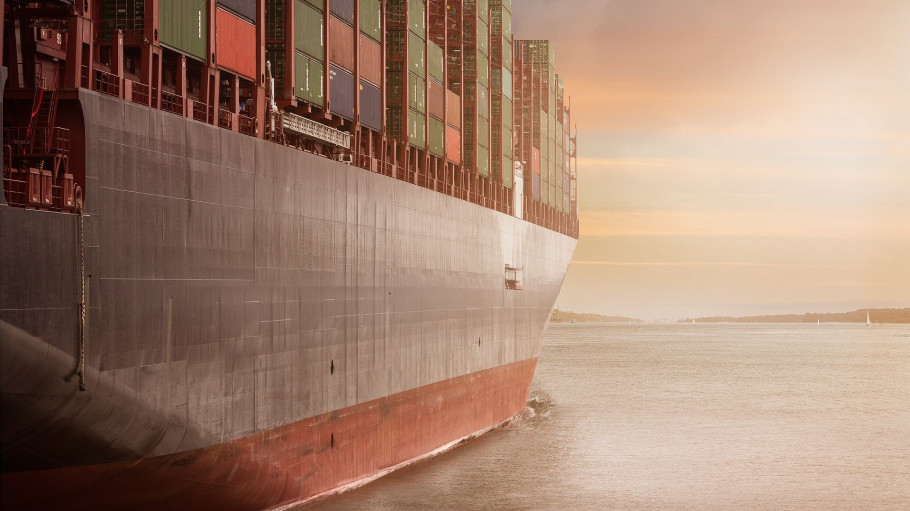

International trade is essential for the European economy, and steel products are among the most intensively traded products in the world. Around a quarter of the 160 million tonnes of steel used in the EU every year is imported - and the EU is also a major steel exporter.
Trade policy issues are of central importance to EUROFER, because free and fair international trade conditions are the basis for the stability of the EU steel market. EUROFER welcomes free trade agreements that open up mutually accessible markets between trade partners and ensures fair access to public procurement tenders.
In particular, EUROFER monitors - on an ongoing basis - trade flows to ensure that imports into the EU are coming on a fair basis and are not dumped, produced using unfair subsidies or circumventing existing trade defence measures.
Brussels, 02 July 2025 – The 90% climate target proposed today by the European Commission demands an unprecedented transformation of EU society and industry in just 15 years. The European steel industry is already doing its part, but a viable business case for the transition is still lacking. To enable it, the EU needs to implement the Steel and Metals Action Plan much more decisively, delivering a highly effective trade protection against global overcapacity, access to internationally competitive low carbon energy and scrap, and a watertight CBAM, says the European Steel Association.
How global overcapacity is destroying European industries
European Steel in Figures 2025 is EUROFER's statistical handbook, laying out in an easy-to-use format the key statistics and data about the performance and footprint of one of Europe's most important strategic sectors